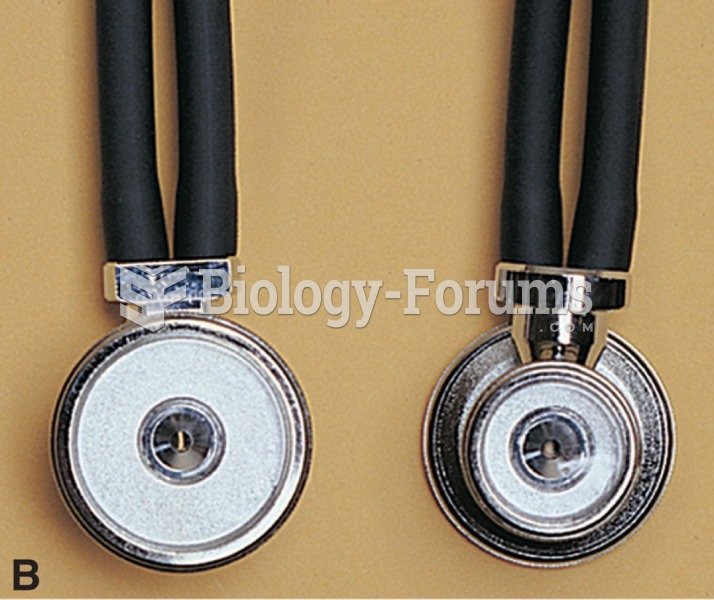|
|
|
Did you know?
More than one-third of adult Americans are obese. Diseases that kill the largest number of people annually, such as heart disease, cancer, diabetes, stroke, and hypertension, can be attributed to diet.
Did you know?
Approximately 25% of all reported medication errors result from some kind of name confusion.
Did you know?
By definition, when a medication is administered intravenously, its bioavailability is 100%.
Did you know?
Approximately 70% of expectant mothers report experiencing some symptoms of morning sickness during the first trimester of pregnancy.
Did you know?
The immune system needs 9.5 hours of sleep in total darkness to recharge completely.







